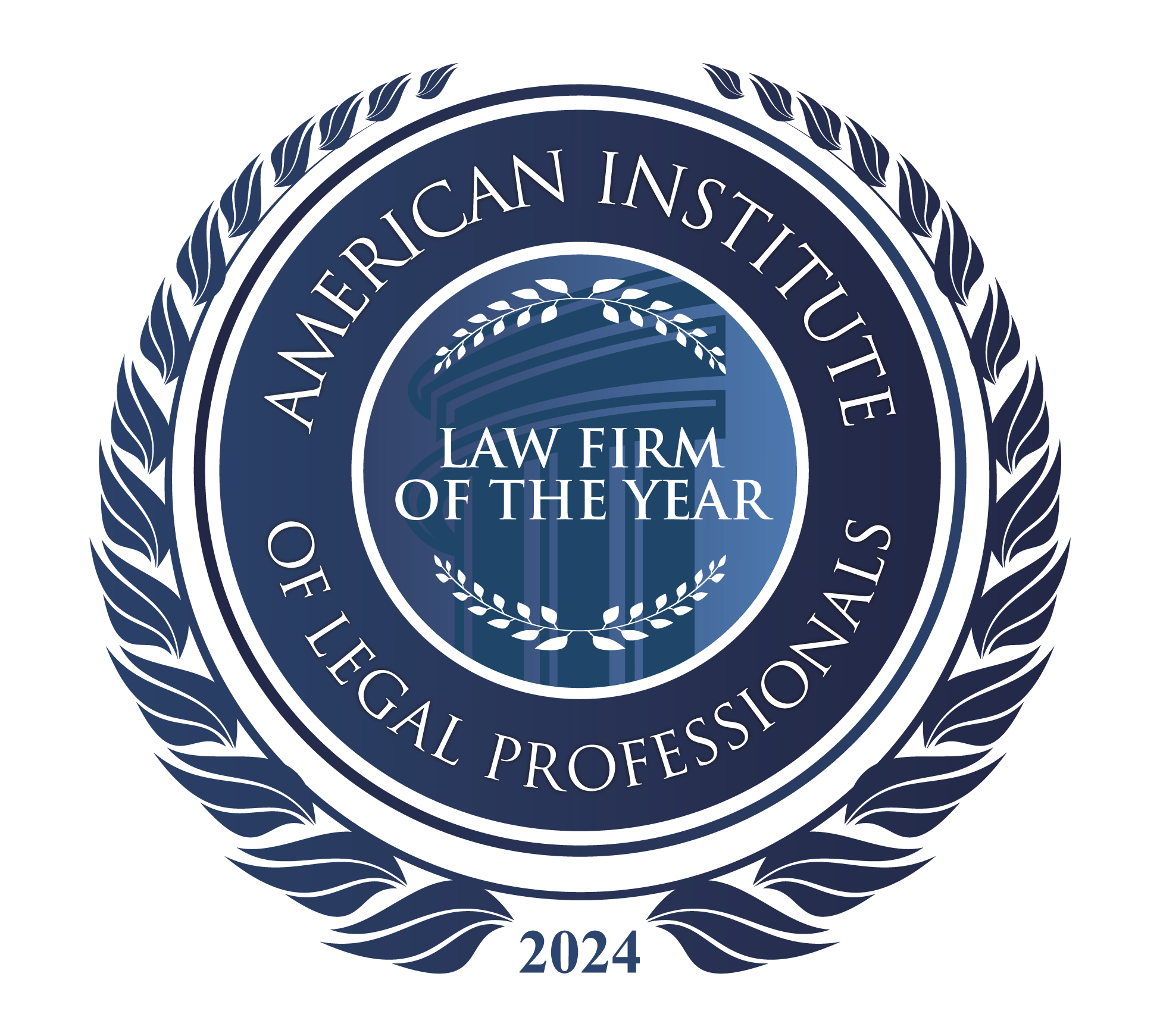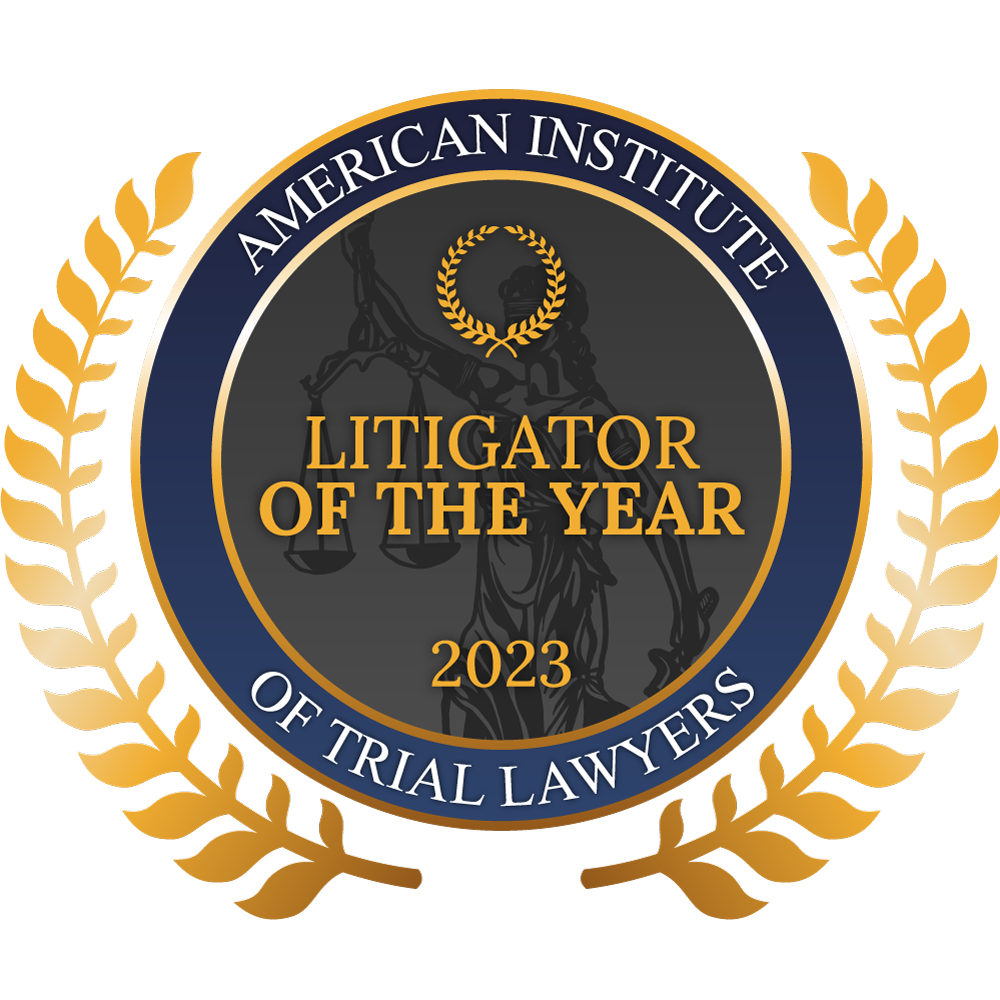
After a Colorado car accident, you may be eligible to recover compensation through a personal injury claim for any expenses or losses resulting from the accident. A personal injury claim can provide you with several categories of compensation, including economic, non-economic, and punitive damages. Contact The Wilhite Law Firm today for a free initial case evaluation to discuss what kinds of compensation you may be able to recover in your car accident claim.
What Are Economic Damages?
Economic damages in a car accident claim provide compensation for financial losses victims incur due to injuries and property damage. A car accident claimant typically can calculate their economic damages by referring to financial records or through expert analysis of future costs.
Examples of economic damages include:
- Costs of medical treatment and rehabilitation
- Costs of long-term care or replacement household services
- Lost wages from missed work
- Lost earning capacity and employment benefits due to prolonged or permanent disability
- Car repair expenses
- Reimbursement of the value of a totaled car
What Are Non-Economic Damages?
Non-economic damages in car accident claims refer to compensation for personal or emotional losses that a car accident victim suffers due to injuries sustained in the crash. Determining non-economic damages involves a far more subjective analysis than calculating economic damages.
Common examples of non-economic damages include:
- Physical pain and anguish caused by injuries and medical treatment
- Emotional trauma and distress from injuries and disabilities
- Reduced enjoyment and quality of life caused by permanent disabilities or visible scarring or disfigurement
What Are Punitive Damages?
In rare cases, a car accident victim may get awarded punitive damages in a lawsuit. In Colorado, these damages are called exemplary damages. Unlike economic and non-economic damages that compensate an injured accident victim for financial and personal losses, exemplary damages do not provide money for any loss suffered by the accident victim. Instead, they penalize an at-fault party for willful, wanton, or malicious conduct and attempt to deter others from engaging in similar conduct.
How Are Damages Calculated?
The method for calculating damages in a car accident claim will depend on the type of damages. For example, a car accident victim can calculate their economic damages by referring to records such as bills, receipts, invoices, and pay stubs. When a car accident victim expects to incur more economic damages after resolving their claim, they may rely on medical, vocational, and financial expert testimony to reasonably estimate those future damages.
Calculating non-economic and exemplary damages involves a subjective evaluation of a car accident victim’s personal and emotional losses or the egregiousness of the at-fault driver’s conduct. Courts frequently instruct juries in car accident lawsuits to use their experience and common sense to determine the value of the pain, emotional suffering, and other personal losses that a car accident victim has endured. Similarly, juries typically use their common sense to determine an amount of exemplary damages sufficient to punish an at-fault party and deter others from similar conduct.
One common approach to calculating non-economic damages involves the use of the multiplier method. Your attorney will assign a number between one and five to the severity of your injuries, with one representing the lowest amount of severity and five representing the highest. Then, they’ll multiply your economic damages by this number to arrive at a reasonable estimate of how much compensation to pursue for your non-economic losses. Contact our Denver car accident attorney today.
Does Colorado Have Caps on Damage Awards?
Colorado law places caps on the amount of non-economic and exemplary damages a car accident victim can recover in a lawsuit. The Colorado Secretary of State certifies the dollar amount for the cap on non-economic damages, which adjusts every two years for inflation. However, when a court presiding over a car accident lawsuit finds by clear and convincing evidence that the plaintiff should recover more non-economic damages, the court may double the statutory cap.
State law normally limits the amount of exemplary damages a car accident victim can recover in a lawsuit to the amount of actual damages awarded to the injured victim. However, a court can increase the cap on exemplary damages to three times the amount of awarded actual damages if the court finds that the defendant continued or repeated their egregious behavior or acted willfully and wantonly during the case to aggravate the plaintiff’s losses.
When Should You Accept a Settlement Offer?
Car insurance companies frequently try to convince injured accident victims to accept a quick settlement. However, an insurer’s initial settlement offer likely will provide far less than fair value for your claim. You should not accept a settlement offer until your car accident attorney reviews the offer and the facts of your case.
An attorney can advise you whether a settlement offer provides fair compensation, whether you should make a counteroffer, or whether you should wait until you’ve completed your treatment or reached maximum medical improvement. Your lawyer can negotiate with the insurance company and at-fault driver on your behalf to pursue maximum compensation from a settlement.
Is There a Statute of Limitations for Colorado Car Accident Claims?
Under Colorado’s statute of limitations on car accident claims, you typically have three years to file a lawsuit against the at-fault driver. However, in some circumstances, the statute of limitations may be relaxed, such as in cases involving an injured minor, or when an injured party is incapacitated. Your attorney can help you understand the role the statute of limitations plays in your case, and will make sure your paperwork is filed ahead of any applicable deadlines.
Contact a Colorado Car Accident Lawyer
When you’ve suffered injuries and property damage in a Colorado car accident, you may have the right to pursue financial compensation from the driver or other parties at fault for causing the crash. Contact the team at The Wilhite Law Firm for a free, no-obligation consultation to discuss how our firm can help you seek financial recovery for your medical bills, lost income, car repairs, and pain and suffering.






















